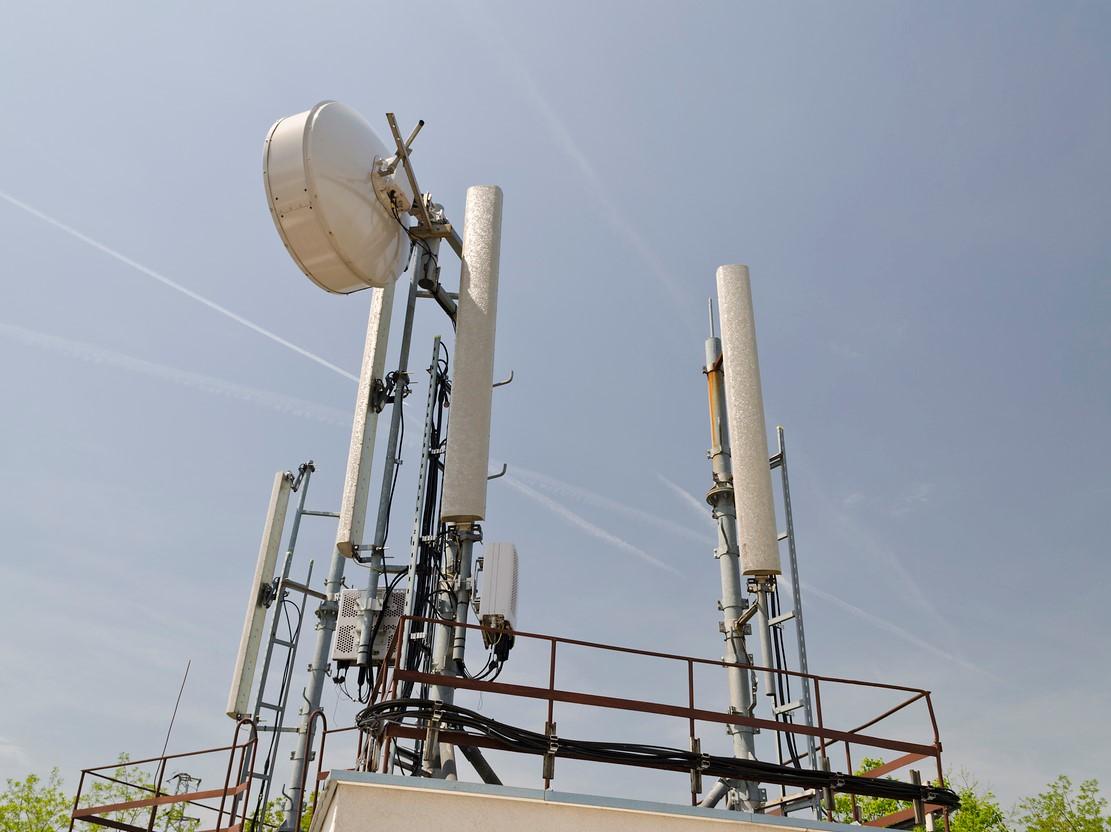5G could cause chaos for weather forecasts and put lives at risk, meteorologists warn
'If you look back in time to see when our forecast skill was roughly 30 per cent less than it was today, it's somewhere around 1980,' NOAA Administrator warns

Your support helps us to tell the story
From reproductive rights to climate change to Big Tech, The Independent is on the ground when the story is developing. Whether it's investigating the financials of Elon Musk's pro-Trump PAC or producing our latest documentary, 'The A Word', which shines a light on the American women fighting for reproductive rights, we know how important it is to parse out the facts from the messaging.
At such a critical moment in US history, we need reporters on the ground. Your donation allows us to keep sending journalists to speak to both sides of the story.
The Independent is trusted by Americans across the entire political spectrum. And unlike many other quality news outlets, we choose not to lock Americans out of our reporting and analysis with paywalls. We believe quality journalism should be available to everyone, paid for by those who can afford it.
Your support makes all the difference.The roll out of 5G could set set weather forecast systems back decades, according to analysis by a US government agency.
The next-generation network could have catastrophic effects on the ability of weather satellites to accurately predict the weather, warns the National Oceanic and Atmospheric Administration, which operates within the US Department of Commerce.
Plans by the Federal Communications Commission to open up radio spectrum for 5G use will cause interference with the satellite's ability to detect water vapour, the NOAA claims.
The impact of this interference could severely limit meteorologists' ability to forecast significant weather events like hurricanes.
Acting NOAA Administrator Neil Jacobs gave details to a House Science Committee hearing last week, citing models drawn up by the agency and Nasa.
He warned the result of following through with the FCC plans would cause 77 per cent data loss for weather satellites.
"This would degrade the forecast skill by up to 30 per cent. If you look back in time to see when our forecast skill was roughly 30 per cent less than it was today, it's somewhere around 1980," Mr Jacobs said.
"This would result in the reduction of hurricane track forecasts' lead time by roughly two to three days."
In 2018, there were more than 170 deaths during the Atlantic hurricane season, according to figures from the National Hurricane Center.
The year before was even more devastating, with the 2017 Atlantic hurricane season resulting in over 3,350 deaths, as a result of major storms like Harvey, Irma and Maria.
Without early warning systems, the World Meteorological Organisation said this figure would have been even higher.
"The death toll of the largest hurricanes were certainly reduced because we saw them coming," wrote Mary Power, a director at WMO, in the organisation's review of the hurricane season.
"Forecasting models accurately predicted the hurricane path and anticipated their extreme intensities days ahead. This allowed territories in the region to declare a state of emergency up to two days in advance of landfall."
Join our commenting forum
Join thought-provoking conversations, follow other Independent readers and see their replies
Comments